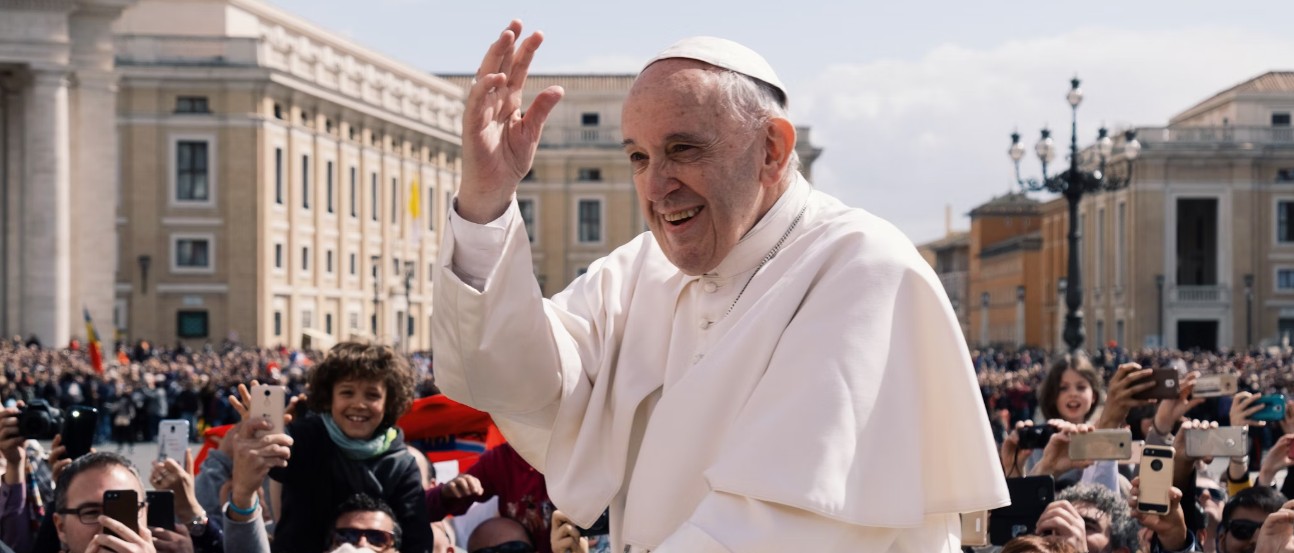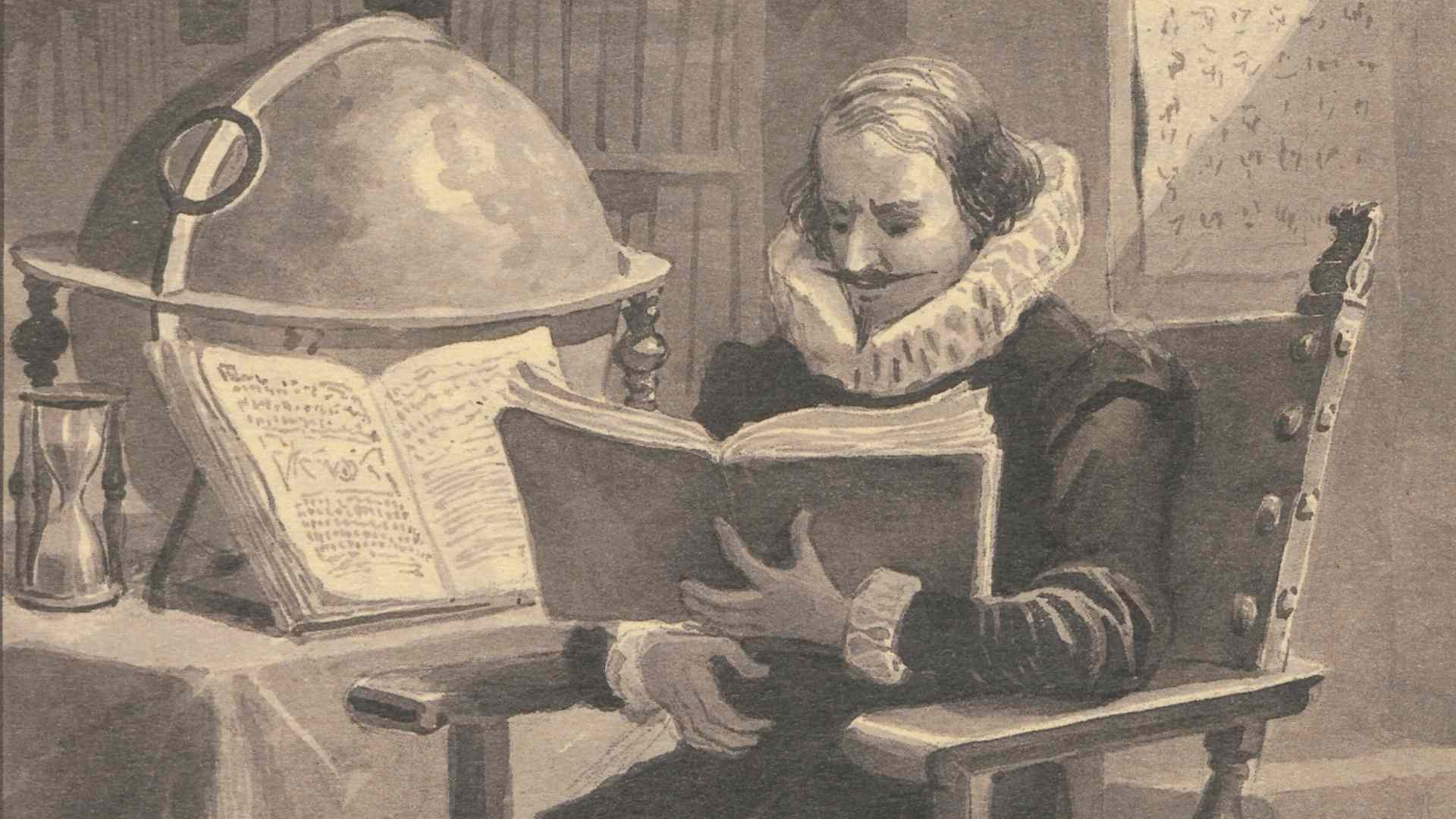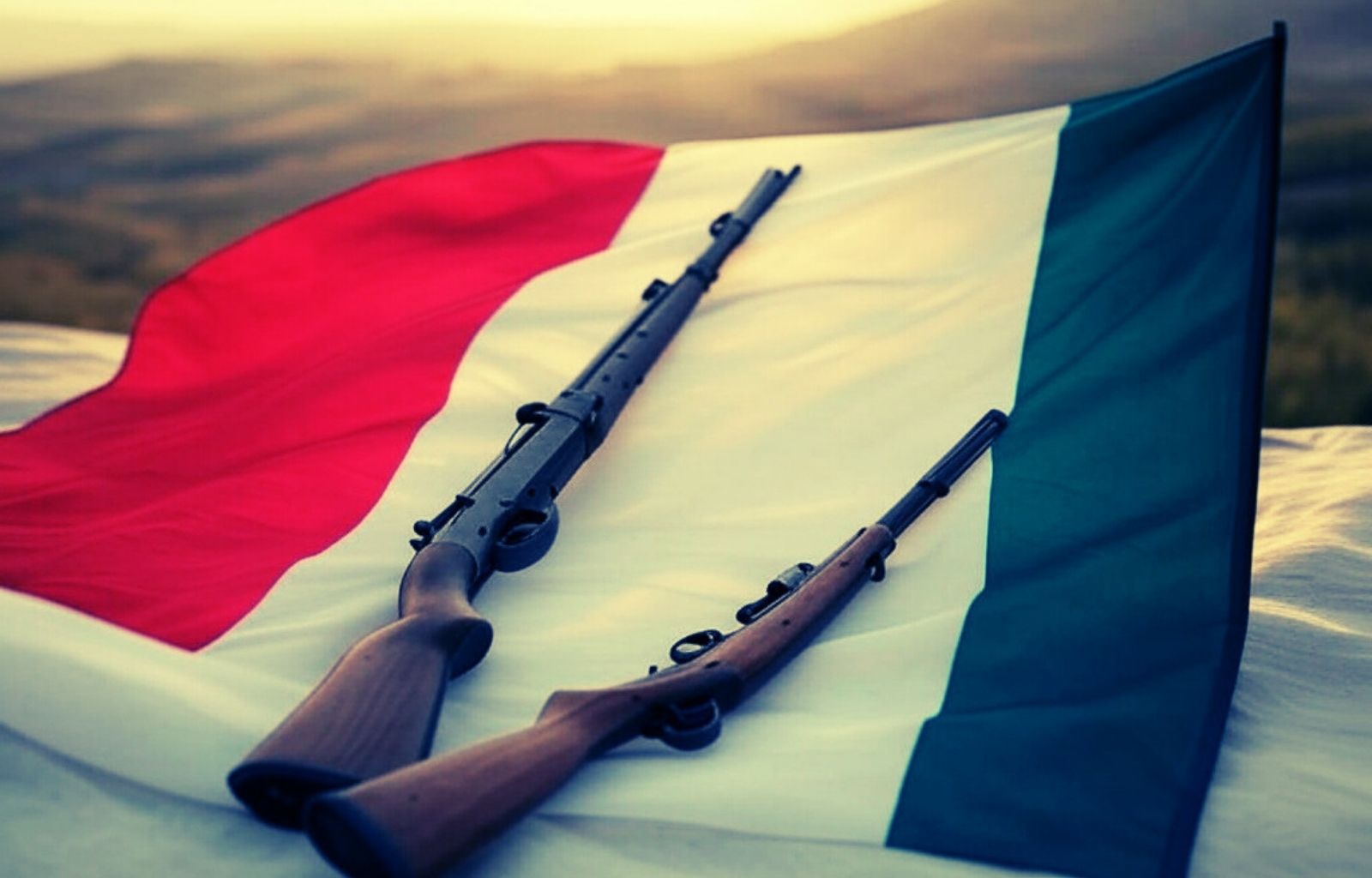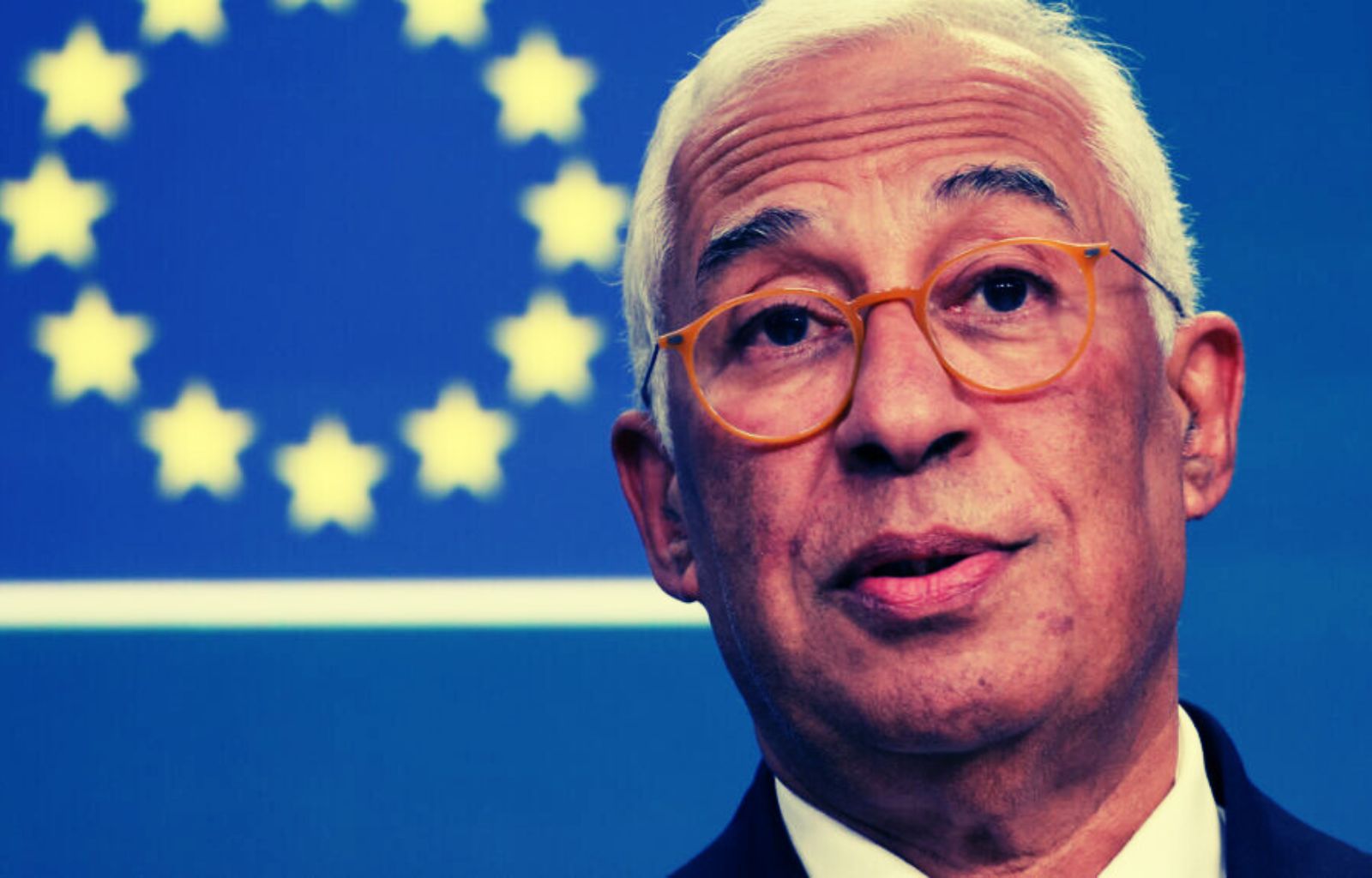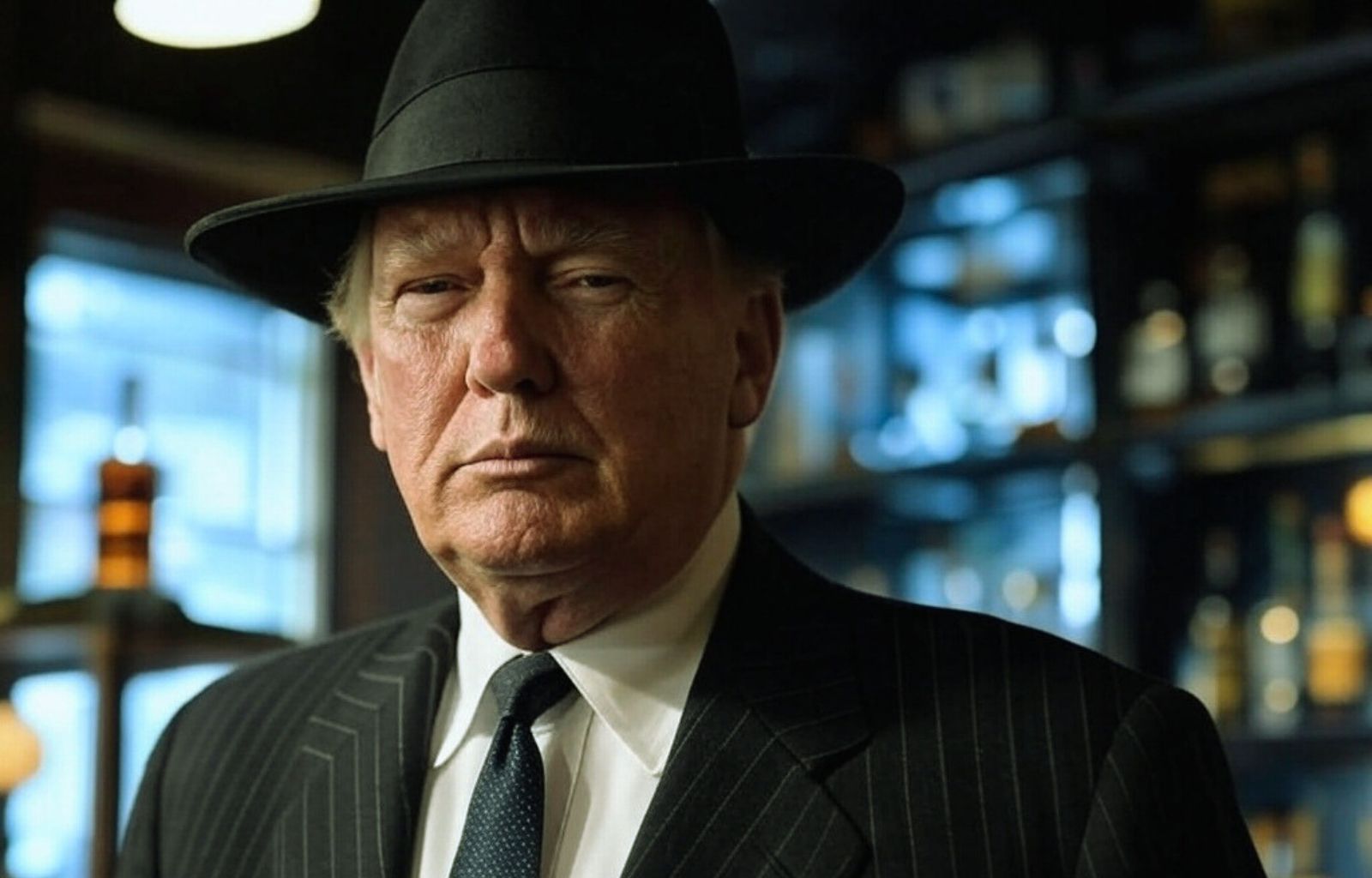1 January 2025: Europe free of Russian gas at last

Today is a day that will go down in the history books: 1 January 2025 marks the beginning of a new era for Europe. With the end of the agreement between Russia and Ukraine, the transit of Russian gas through Ukrainian pipelines has officially ended, definitively closing a chapter in which Moscow dictated the rules of the energy game.
For too long, Russian natural gas has been a key resource for Europe, but also a weapon in the hands of the Kremlin. That gas, transported to the hearts of European cities, was not just energy: it was an instrument of geopolitical control. Today, this dependence is coming to an end.
A Europe finally free to choose
The closing of the Russian taps is not just a technical fact: it is a declaration of independence, for which we must and will have to thank the courage of the Ukrainians. For decades, the billions of euros paid by Europe for gas have financed, directly or indirectly, Vladimir Putin’s war machine. In 2021, these resources helped support the Kremlin’s expansionist ambitions, culminating in the invasion of Ukraine in 2022.
After that invasion, Europe chose to change course. Not without difficulty, it worked to diversify its energy sources, relying on liquefied natural gas (LNG) supplies from the United States, Qatar and other global partners, as well as alternative pipelines from Norway, Algeria and Azerbaijan. This effort has required sacrifices: 2022-2023 has seen skyrocketing energy prices, with households and businesses put to the test. But thanks to targeted investments and stronger infrastructure, Europe has managed to rise again.
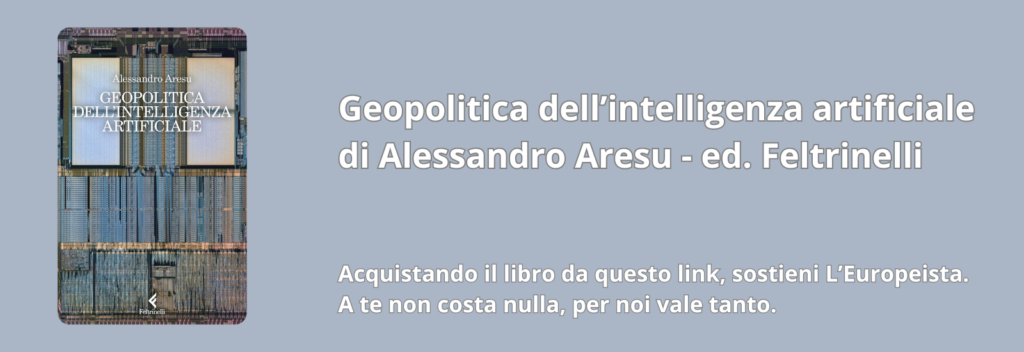
The Hungarian anomaly: a bridge to Moscow
Not all, however, have chosen independence. Viktor Orbán’s Hungary has preferred to maintain ties with Moscow, securing gas at favourable prices through bilateral agreements. This choice might seem advantageous in the short term, but it risks making Budapest even more vulnerable to Kremlin pressure. Within the European Union, Hungary appears increasingly isolated, an anomaly in a continent that is pulling itself together in the face of the strategic challenges of the future.
A step that should have been taken earlier
This momentous turning point comes, however, with a load of regrets. Europe should have broken this dependence years ago. Early warnings of the danger were clear as early as 2006, during the gas crises between Russia and Ukraine, and again in 2014, with the annexation of Crimea. Yet short-term economic calculations and a short-sighted political vision have prevented action.
The delay had serious consequences: it allowed Putin to strengthen himself and exposed Europe to an energy blackmail that, with more foresight, could have been avoided.
The future lies in nuclear power
Now that dependence on Russian gas is a closed chapter, Europe must look ahead. LNG and alternative pipelines are transitional but not definitive solutions. It is time to seriously re-evaluatenuclear energy, a clean, stable source immune to geopolitical instabilities.
Countries like Germany andItaly need to overcome old prejudices and rethink their choices on nuclear power. Germany, after exiting nuclear power in 2011, found itself forced to turn to coal and gas, with a devastating impact on its climate goals. Italy, for its part, closed its nuclear plants too early, ignoring an option that could guarantee energy security and sustainability.
An achievement to celebrate, a future to build
This 1 January 2025 marks a historic victory. Europe has shown that it is possible to turn a crisis into an opportunity by freeing itself from the shackles of Russian energy blackmail. But it is not enough.
Ensuring a secure, self-sufficient and sustainable future will require cohesion, political courage and strategic investment in all available resources, including nuclear power. The road is long, but today Europe rediscovers itself stronger and more aware. Finally, it has stopped funding Putin’s war and has chosen to take back its own destiny.

